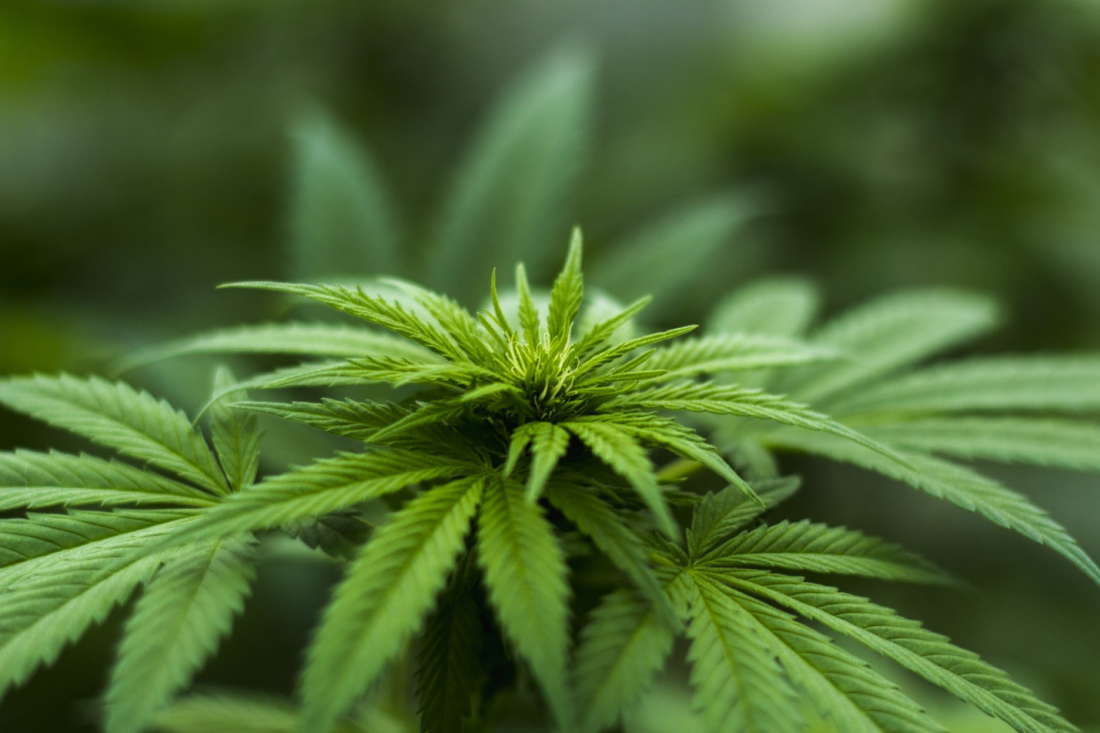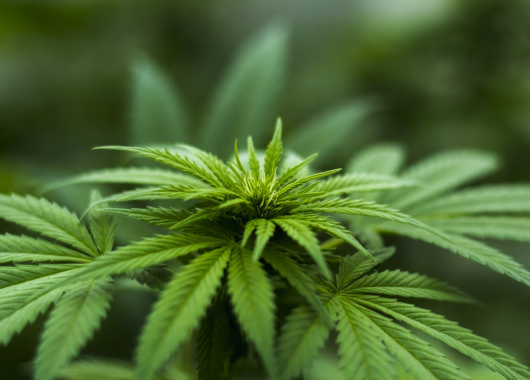Are you thinking about starting a hemp business? Is it time to start making money with hemp?
Few crops are as exciting or as relevant as hemp right now, and for farmers who are willing to give growing it a try, doing so can be a lucrative venture. However, while hemp growth offers a great opportunity to farmers, it’s not a sure thing. Growing hemp and making money from it can be difficult if you’re not prepared for it and don’t know what to expect.
Fortunately, we’re here to help. Below we’ll list the 6 most important things you need to know before you start a hemp farm.
1. You Need to Have a Business Plan
One of the most important things to remember when growing hemp is that you need to go into it with a clear plan of what you’re going to do to make money.
You should think carefully about what kind of customers you’ll be looking for and what kind of products your hemp will be used for. The type of hemp you grow will vary based on what the resulting products will be.
Buyers for hemp will vary in what they need based on whether they’ll be using the hemp to create CBD oil, making paper and plastic hemp products, or using it for other purposes. You’ll want to have an idea beforehand of what kind of customer you’ll have so that you can align your hemp growth with the business relationships you’ll create.
2. There Are Regulations
Another thing you need to know about growing hemp is that it is regulated closely and you’ll need to jump through a few hoops to start growing it legally.
In the 2018 Farm Bill, state departments of agriculture have been designated as the ones who will determine the regulation of hemp in each state. You’ll need to check with your own state to find out exactly what to expect and to find out what kind of license, permit, or registration you’ll need to start growing hemp.
You may also want to consult with a lawyer to discuss your business plan and to find out exactly what you’ll need to do in your state to remain legal and to ensure that you don’t face the consequences of growing hemp without the proper permission.
3. Testing For Compliance Will Be Necessary
In addition to meeting all licensing and regulatory requirements, you’ll also need to be prepared to test for compliance as part of your hemp farming business.
According to the requirements outlined by the USDA, you’ll need to ensure that the THC in the hemp you grow remains below a certain level. The hemp plants that you grow on your farm will need to stay within the threshold of below 0.3% THC content.
Because of this, you’ll want to test your plants early on in the growing process and continue doing so regularly until they reach maturity. Testing your plants thoroughly will help you avoid wasting time and money on a hemp plant that you can’t sell, so make sure that you remember this when launching your hemp farm.
4. It’s Going to Cost You Initially
When you start growing hemp, you’ll need to make sure you have enough capital to invest in your business. Starting and maintaining a hemp farm can be costly, and if you don’t plan accordingly you may have a hard time getting your farm off the ground and remaining profitable over time.
In addition to the cost of land, remember that you’ll need to invest in various types of equipment to get started growing hemp successfully. You’ll need to buy equipment that will help you throughout the process of tilling, irrigating, and harvesting your hemp crop.
Additionally, you’ll also need to plan for labor costs and other overhead costs as well. Make sure you do the math and take a long look at each piece of equipment and labor you’ll need early on if you want to make your farm a success.
5. Cultivation Techniques Matter
It’s important to remember that while growing hemp is easier than many other crops, you’ll still need to ensure that you’re using the right techniques and creating the best conditions for it to grow well.
There are a lot of specifics to growing hemp that you’ll need to understand to make the most of your business. For example, hemp plants tend to grow better in a light deprived greenhouse rather than in an outdoor field. It also grows better in loam that has a good bit of organic matter in it and that is loose and well-aerated.
You’ll also want to think carefully about the hemp seeds you use. Consider looking for cannabis pollen for sale and using it to create your own hemp strains.
6. Starting Small is Ideal
The last thing you need to remember about growing hemp, especially if you’re a first time farmer, is that starting small is often the better choice.
Even if you have a lot of space to work with, there’s no need to go all out during the first year of hemp cultivation. You may want to stick to only several acres at the very beginning so that you can get a good feel for how to grow the crop and so that you can determine what works best to get a quality yield at the end of the year.
It’s much easier to start small and to expand later on, rather than biting off more than you can chew. There’s no shame in starting small with hemp farming. By taking a slow, level-headed, and well-researched approach, you’ll be more likely to become profitable as time goes by.
Successfully Launching a Hemp Business
If you’re thinking about launching a hemp business, you may be on the path to some great returns. However, you need to pay attention to the tips listed above and have a clear idea of what to expect from the very beginning.
On the hunt for more helpful business advice? Start reading through our blog now to find more helpful business tips and insights.

